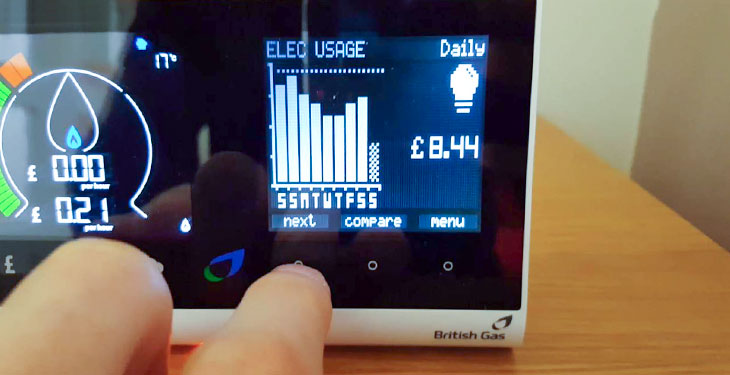The rollout of the £11bn scheme to install smart meters across Britain by 2020, a key part of the government’s energy policy, has been far from under control. It has been beset by rising costs and delays, which are now fuelling industry concerns that the 2020 deadline cannot be met. More than 10m meters have been fitted so far — reflecting how the scheme is one of the biggest national installation programmes ever undertaken — but analysis by ”Which?”, the consumer body, in February found that large energy companies would need to install 24 devices a minute, every day, for the next three years to meet the 2020 deadline, according to Financial Times.
On Tuesday, the House of Lords will examine a government bill going through parliament that is meant to underpin the smart meter programme. Labour on Friday tabled an amendment that would require ministers to outline quarterly goals for energy suppliers on the roll out of devices. The National Audit Office, parliament’s spending watchdog, is meanwhile investigating whether the scheme will save households money, as well as the likelihood of the government hitting the 2020 deadline.
Publicly, the energy industry is committed to meeting the 2020 target. Privately, some executives have admitted they are concerned. “It is extraordinarily challenging to meet the deadline and to do that safely,” said one executive at a utility, who declined to be named. “Given the recent bad press about the programme another challenge we face is customer acceptance. The supplier has to persuade you to have a meter installed but energy companies are not the most trusted these days.”
The last Labour government announced a smart meter campaign in 2009, which subsequent administrations have persisted with. Energy companies are required to take all reasonable steps to offer every home in Britain a device by the end of 2020. If they do not, they potentially face steep fines. Energy suppliers are footing the bill of installing the smart meters, but the costs will be passed on to consumers in their gas and electricity bills. Ministers estimate net benefits of £5.7bn as households reduce their energy usage and suppliers have lower administrative costs.
In 2016, the government said the rollout was expected to reduce the combined gas and electricity bill for the average household by £11 in 2020 and by £47 in 2030. But suppliers fear the final cost of the scheme will be more than £11bn, reducing the net benefits.
